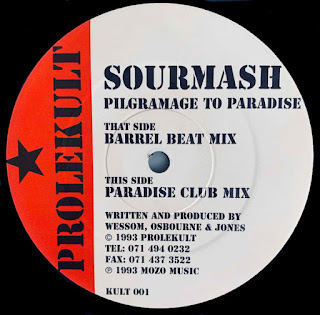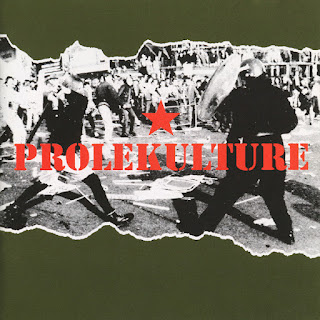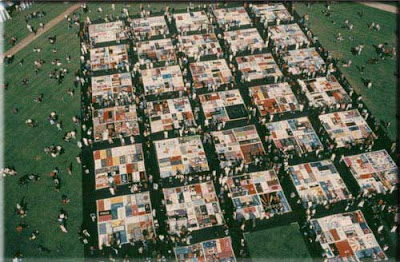London based 1990s label Prolekult was influential in popularising the hard/acid trance sound, but its visual imagery really stood out with record labels each featuring radical left icons. Their first release in 1993, Sourmash's Passport to Paradise, set the tone with Karl Marx.
From there it was an eclectic mix of the good, the not so good and the ugly of radical politics depending on your particular perspective... Let's just say I don't think all of this lot would have got along!
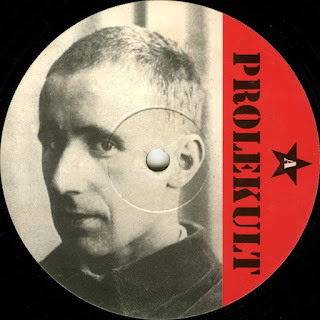 |
| Bertolt Brecht |
 |
| Che Guevera |
 |
| Lenin |
 |
| Andreas Baader of the Red Army Fraction |
 |
| Wasn't sure of who this was - but reliably informed on twitter that its Russian revolutionary artists Mayakovsky, Malyutin and Cheremnykh in 1919
|
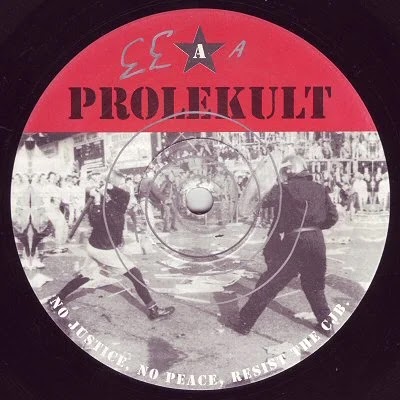 |
| 'No Justice, No Peace, Resist the CJB' (Criminal Justice Bill) - image from 1990 Poll Tax Riot |
 |
| Rosa Luxemburg |
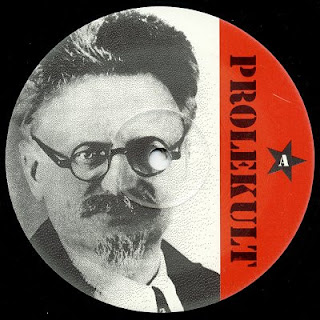 |
| Leon Trotksy |
 |
| Helen Steele and Dave Morris - the much spied upon McLibel Two |
 |
| Huey P. Newton of the Black Panther Party |
 |
| 'Welcome to the future: let me breathe' |
 |
| Malcolm X |
 |
| Mexico Olympics 1968 |
 |
Stephen Lawrence
|
 |
| Zapatistas |
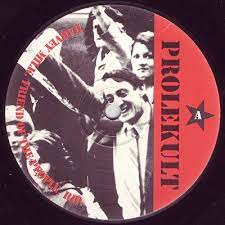 |
Harvey Milk
|
 |
| Aung San Suu Kyi |
 |
The Clash
 | Crass
|
|
 |
| 'Chairman Gonzalo' of the Shining Path in prison in Peru |
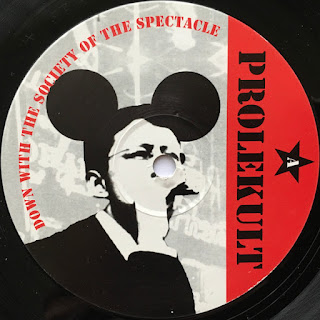 |
| Guy Debord - Down with the Society of the Spectacle |
 |
| Tony Blair and John Major - Zero Difference |
 |
Paris 1968
|
 |
| Anarchist clash with police in Barcelona, before or during the Spanish Revolution (thanks to @semicoda for spotting) |
Prolekult was a sub label of Hooj Choons founded by Alex Simons and Red Jerry (Jeremy Dickens) in 1990. They put out a lot of big house tunes, notably Felix's "Don't You Want Me" (1992) co-produced by Red Jerry and Rollo. The thinking behind the Prolekult label, and the labels, is set out in the booklet accompanying the 1997 Prolekulture compilation:
"We started Prolekult up in the spring of '93 as a harder alternative to the more commercial-oriented house we'd been involved with up until then. There was never much of a gameplan involved, just a bunch of preferences and prejudices: a liking for hard, having-it, often Euro-flavoured trance and total indifference to the up-its-own-arse electronic doodling that characterised the UK techno scene at the time.
Sourmash's Pilgrimage To Paradise was a good tune to kick it all off with, emanating as it did from the UK, but packing the punch of a Beltram / F. De Wulf / Orlando Voorn record. Getting off to a start like that, we'd hoped to overcome our sense of musical Europhilia and carry on signing banging home-grown material, but it wasn't to be. Of the twelve tracks included here [on the CD], three quarters were licensed from European labels, reflecting the failure on our part to consistently find the kind of material we were after here in the UK. We're not sure what that says about us, or the UK, or both ...or neither, but we like the vibe surrounding the very up-for-it free party scene that's developed over the past few years and the producers that are now emerging from this sector of the underground are kicking arse. Proper UK acid business.
When it came to adopting a name, logo, etc, for the label, as unreconstructed lefties, we turned to socialist political history for inspiration. "Prolekult" is an adaptation of the Russian word "Proletkult" which was a workers cultural organisation set up in 1907 by the socialist exiles Alexander Bogdanov and Maxim Gorky. The theory went, in simple terms, that at a time when Russia's Tsarist dynasty was at the weakest and most vicious stage in its squalid history, the Bolshevik party was to lead the political opposition, the unions to lead the economic opposition and the Proletkult the cultural opposition. Perhaps the best known work to come out of the Proletkult was the post-revolutionary films of Eisenstein (Strike, Battleship Potemkin), but within a year of his rise to power in 1921 Stalin had effectively stripped the Proletkult of any autonomy, vibrancy or relevance, turning it, as he did all other genuine bases of working class expression, into just another instrument of state power.
Obviously, none of this has much direct relevance to the records we put out as the lack of vocals involved makes overt political statement difficult ("you gotta have house" repeated a few times on Neurodancers' Wippenburg [sic] - the only vocal on the twelve tracks - isn't exactly "Blowing in the Wind" is it?) but it made a change from the cod-futurism to be found on the sleeves and logos of so many techno/trance labels and, in terms of lefty icons over the last two hundred years, we knew we had an extensive reserve of imagery to draw upon. There was also the quiet hope on our part that by using pictures of long-forgotten working class heroes we'd be making our own tiny contribution to the rehabilitation of these political giants who have effectively been written out of our history. We thought that even if the odd person here and there asked "who's that?" then the labels and imagery would have transcended their original role as mere packaging and taken on a higher role as potential consciousness-raisers (man). Unfortunately it soon became apparent that no one gave a toss about which old trot we wheeled out next and after three years and seventeen releases I can safely say that we could put Donald Duck on our next release and no one would bat an eyelid...
...When we first decided to use socialists/revolutionaries etc we had assumed it would all pan out in neat chronological order, beginning with Marx and ending wherever, of course within three or four releases it had all gone. Last minute desperate scrabble to find someone reasonably relevant the night before label copy and image due at the printers etc. and to be frank the odd dubious character go used for expediencies sake". Nevertheless they meant it and included potted biographies in the compilation,,
(if you search prolekult you can listen to all this on soundcloud, spotify and all the usual places)


























